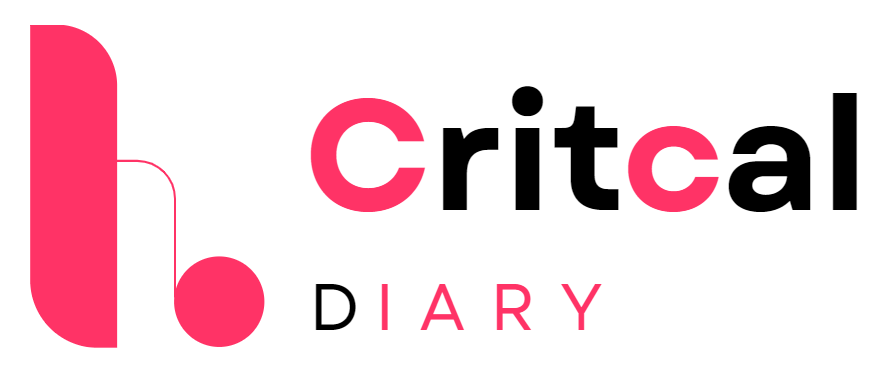Guide to “Author Search in Web of Science Core Collection”
The author search rules below pertain to both the Web of Science Core Collection Basic search and the Web of Science Core Collection Advanced search.

When it comes to conducting high-quality research, the Web of Science Core Collection stands out as a premier resource for finding and analyzing scholarly articles. One of its most powerful features is the author search function, which allows users to track the works and influence of specific researchers. In this guide, we’ll explore how to effectively search for authors in the Web of Science Core Collection, discuss the available author records, and explain how to leverage these tools to find key metrics such as the h-index.
How Do You Search for an Author in the Web of Science Core Collection?
Searching for an author in the Web of Science Core Collection is straightforward but requires some understanding of the system’s search capabilities. Here’s a step-by-step guide to help you get started:
- Access the Web of Science: Navigate to the Web of Science platform and log in with your credentials.
- Select the Core Collection: Ensure that you are searching within the Web of Science Core Collection for the most comprehensive results.
- Use the Author Search Function:
- Go to the search bar and select the “Author” search option.
- Enter the author’s last name followed by their first initial(s). For example, “Smith J”.
- To refine your search, use additional filters such as research domain, institution, or publication years.
For more detailed instructions, visit this Author Search in Web of Science guide.
Does the Web of Science Core Collection Have an Author Record?
Yes, the Web of Science Core Collection maintains detailed author records. These records compile all of an author’s publications indexed in the database, providing a comprehensive overview of their research output. Author records include:
- List of Publications: All articles authored by the researcher within the Core Collection.
- Citation Metrics: Information on how often each work has been cited.
- h-index: A measure of the author’s productivity and citation impact.
These records are invaluable for evaluating an author’s influence in their field.
Why Can I Only Search for Authors in Web of Science?
The Web of Science specializes in providing extensive and curated bibliographic data for academic research. It focuses on:
- Data Quality: Web of Science is known for its rigorous selection process, ensuring that only high-quality and impactful research is included.
- Citation Indexing: It provides robust citation tracking, making it a premier tool for bibliometric analysis.
Because of these strengths, Web of Science offers an authoritative platform for author searches, ensuring reliable and comprehensive results.
Web of Science Author Search Free
Accessing the Web of Science Core Collection usually requires a subscription through an institution such as a university or research organization. However, there are some ways to access author information for free:
- Public Access Initiatives: Some institutions provide free public access to their databases.
- Trial Access: Web of Science occasionally offers trial periods for new users.
- Open Access Articles: Articles published as open access can be viewed freely, even if other content requires a subscription.
It’s also beneficial to explore resources like the Web of Science Author Search Tips for additional strategies for accessing author information.
Web of Science Author Search H-index

The h-index is a crucial metric for evaluating a researcher’s impact. It represents the number of publications (h) that have received at least (h) citations. Here’s how you can find an author’s h-index in Web of Science:
- Perform an Author Search: Follow the steps mentioned earlier to locate the author.
- Access Author Record: Once the author’s profile is displayed, look for the citation metrics.
- View h-index: The h-index will be prominently displayed alongside other citation data.
The h-index provides a balanced measure of both the quantity and quality of a researcher’s work.
How to Find the h-index of an Author in Web of Science?
Finding the h-index involves a few straightforward steps:
- Search for the Author: Use the author search functionality in Web of Science.
- Review Author’s Publications: Click on the author’s name to access their full profile.
- Check Citation Metrics: The h-index will be shown in the citation metrics section.
Where Can I Find an Author’s H-index?
An author’s h-index can be found in multiple places within the Web of Science platform:
- Author Profile Page: This is the primary location where detailed metrics, including the h-index, are displayed.
- Citation Reports: These reports aggregate citation data and include the h-index.
- Publication Records: Individual publication records also link to the author’s overall citation metrics.
How to Find the H-index of an Institution?
Finding the h-index of an institution in Web of Science involves similar steps to finding an author’s h-index but focuses on the collective output of the institution’s researchers:
- Institutional Search: Select the “Organization-Enhanced” search option.
- Enter Institution Name: Type in the full name of the institution.
- View Citation Metrics: Once the institution’s profile is displayed, access the aggregated citation data.
Conclusion
The Web of Science Core Collection is an invaluable resource for researchers, providing detailed author records and powerful search capabilities. Whether you are tracking an individual author’s impact or assessing an institution’s research output, understanding how to navigate the Web of Science author search functions and utilize citation metrics like the h-index is crucial.
For further tips and detailed guides, consider reading through articles such as Author Search in Web of Science and Web of Science Author Search Tips. These resources can enhance your ability to perform effective searches and leverage the full potential of the Web of Science Core Collection.






